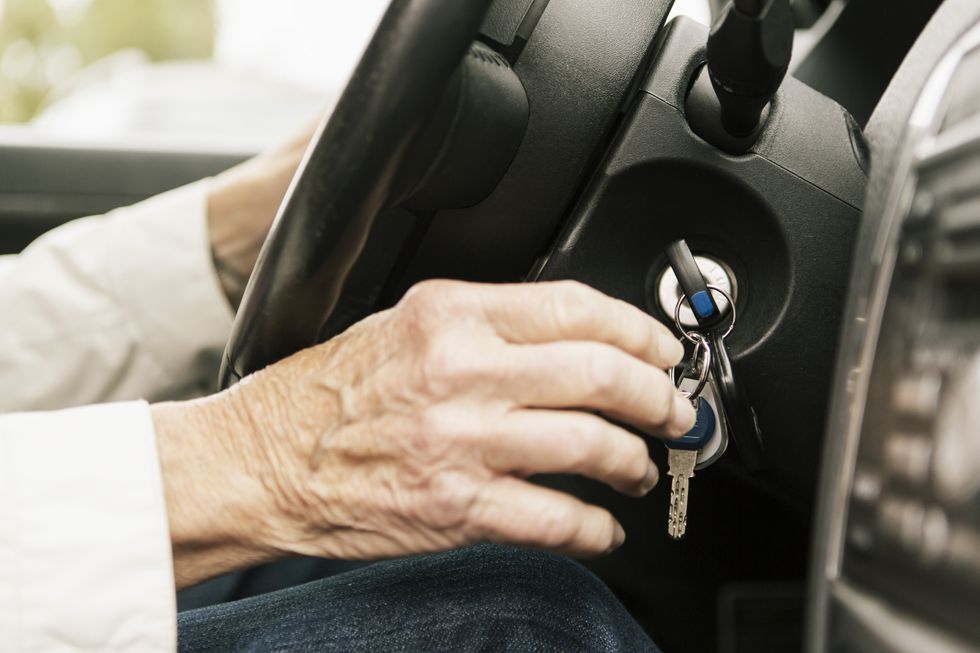Drivers with medical conditions risk getting licence removed over pedal confusion

Elderly drivers are being urged to report medical conditions to DVLA
| GETTY
Motorists with Type 2 Diabetes more likely to get pedal confusion
Don't Miss
Most Read
Latest
Elderly drivers with certain medical conditions have been warned of pedal confusion and safety mishaps while driving which could lead to DVLA fines.
Experts highlighted how elderly drivers are “particularly vulnerable” to the risks of getting the pedals confused, especially those with certain medical conditions and trying to use automatic cars.
Pedal confusion happens when the driver of a car presses the accelerator mistaking it for the brake and the car accelerates out of control.
Drivers with Type 2 Diabetes, most commonly found in older motorists, was flagged as the most common medical issue which could contribute to pedal confusion.
Do you have a story you'd like to share? Get in touch by emailing motoring@gbnews.uk

Automatic cars can change gears without the use of a clutch
| GETTYNeuropathy, a complication from Type 2 Diabetes, causes damage to the nerves and leads to a loss of sense of touch which could result in a lack of feel of a foot on a pedal or how hard the pedal is being pressed.
Through the three-pedal system in manual cars, many elderly drivers risk getting confused in an automatic car and accidentally putting their foot down on the accelerator.
Automatic cars can change gears without the use of a clutch, but through muscle memory, some drivers may mistake the accelerator for the clutch while driving.
In a bid to stop drivers from being confused, experts at the Older Drivers Forum explained that the Government and insurers should offer grace periods to elderly drivers.
A report by the forum stated: “The Government should support research into the impact of physical and cognitive medical conditions (including diabetic peripheral neuropathy) that may contribute to pedal confusion events to which older drivers seem particularly vulnerable."
The group added that it should be noted that there are many other cognitive and physical health conditions older drivers may have that could make pedal confusion more likely.
This includes dementia and memory disorders, multiple sclerosis, proprioceptive/kinaesthetic deficits, spinal cord injury and spinal stenosis.
Other medical conditions include Parkinson’s disease and other movement disorders, anxiety, Asperger’s, cerebral palsy, multiple sclerosis, traumatic brain injury, stroke and anoxia.
ODF said there needs to be further research into whether dementia leads to pedal confusion as it may be a common condition that older drivers develop.
According to a TfL survey, 143 pedal confusion incidents were reported between 2015 and 2019, an average number of 29 incidents per year.
ODF added: “There is a suggestion that a high proportion of catastrophic crashes arise from pedal confusion.
“Unlike manual cars, the full speed of the vehicle is available by pressing the accelerator in an automatic, it is possible that this could aggravate the pedal confusion issue for older drivers driving automatic cars.”
LATEST DEVELOPMENTS:

Elderly drivers are more likely to get pedal confusion
| GETTYDrivers with medical conditions are required to report them to the DVLA or could be slapped with hefty fines and risk getting their licence removed.










